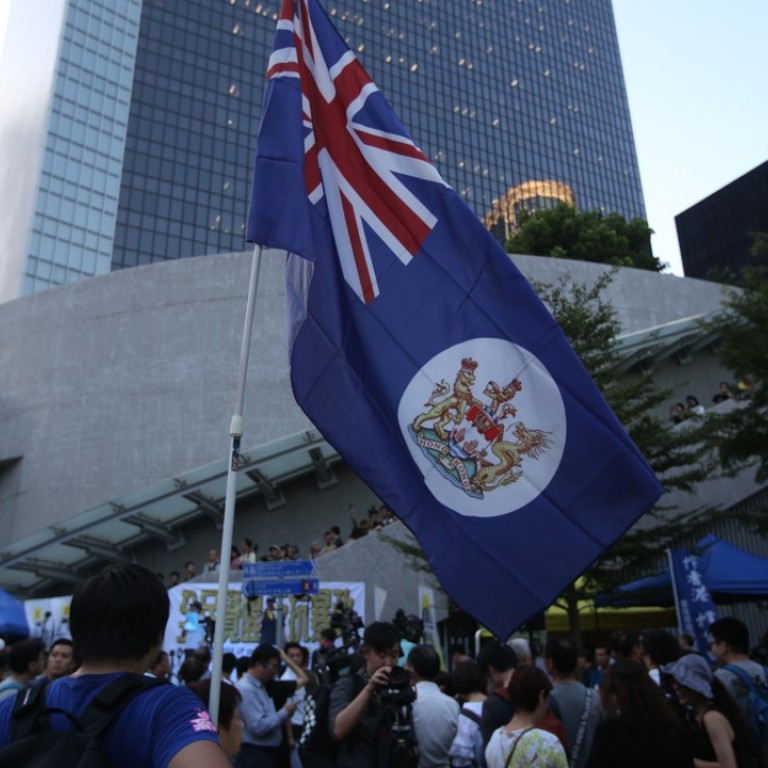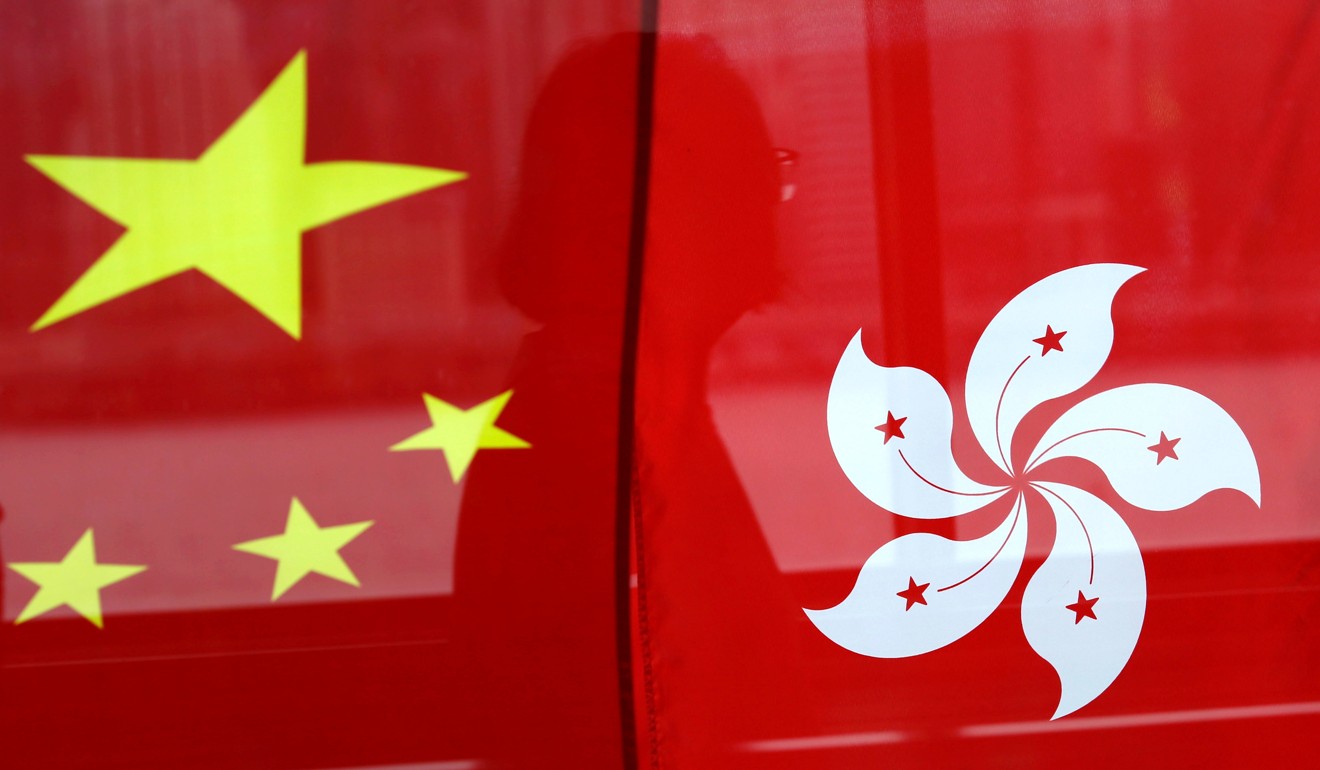
Society is split, but government can’t fix it, say majority of Hongkongers polled
Unwillingness of different political camps to compromise most commonly given reason for split
Seven in 10 Hongkongers believe society is seriously divided, but only 9 per cent are confident the government can bridge the gap in the next five years, a new poll has found.
Offered a choice of four possible reasons for this polarisation, most of the 1,508 respondents – all aged 18 or above – chose different political camps’ unwillingness to compromise, according to results released on Friday.
Respondents with localist leanings were more likely to blame “uneven social resource distribution” and differences between Hong Kong and the mainland than those from other political camps.
The Hong Kong Public Governance Association did the survey over the phone between September 15 and 21.
Jailing of Hong Kong protesters will further polarise already divided society, pro-democracy lawmaker says
Researchers asked people about their political inclinations. They found 17 per cent identified themselves as pan-democrats, 17 per cent as pro-establishment, 23 per cent as moderates, 5 per cent as localists, 31 per cent as independent and 7 per cent unknown.
“There is no single reason for the occurrence of the social divide,” association chairman Chan Choi-hi said. “It’s an accumulation of issues over the past decades, which has not been resolved. That’s why citizens’ confidence in this government being able to solve it is not so high.”
Both across the political spectrum and within each camp, about 70 per cent of respondents said Hong Kong society was facing a serious division, according to the survey.
Overall, 36 per cent chose different camps being unwilling to compromise as the main reason for this, while 24 per cent chose social inequality, 21 per cent picked a lack of trust between citizens and the government, and 19 per cent chose a lack of trust between Beijing and local pan-democrats.
Among people who called themselves pan-democrats, a lack of trust between Hongkongers and the government was the most popular reason cited for the split, with 37 per cent of them picking that option.
But pro-establishment respondents were more likely to blame a lack of political compromise. More than half – 52 per cent – blamed that factor, which was also most popular among moderates (46 per cent) and independents (35 per cent).
Forty-two per cent of those who identified as localists blamed social inequality.

Researchers also listed five socio-political issues and asked people which they thought most divisive.
A larger proportion of those polled from the pan-democrat (38 per cent), pro-establishment (24 per cent) and moderate (30 per cent) camps chose the development of the political system.
But more localists (44 per cent) and independents (25 per cent) opted for differences between Hong Kong and the mainland.
How Hong Kong can have democracy under ‘one country, two systems’
Overall, 73 per cent of respondents said they hoped the government could better understand real people’s lives and listen more to people’s opinions – such as by bringing more people from different political camps into government bodies – and distribute social resources efficiently and fairly.

